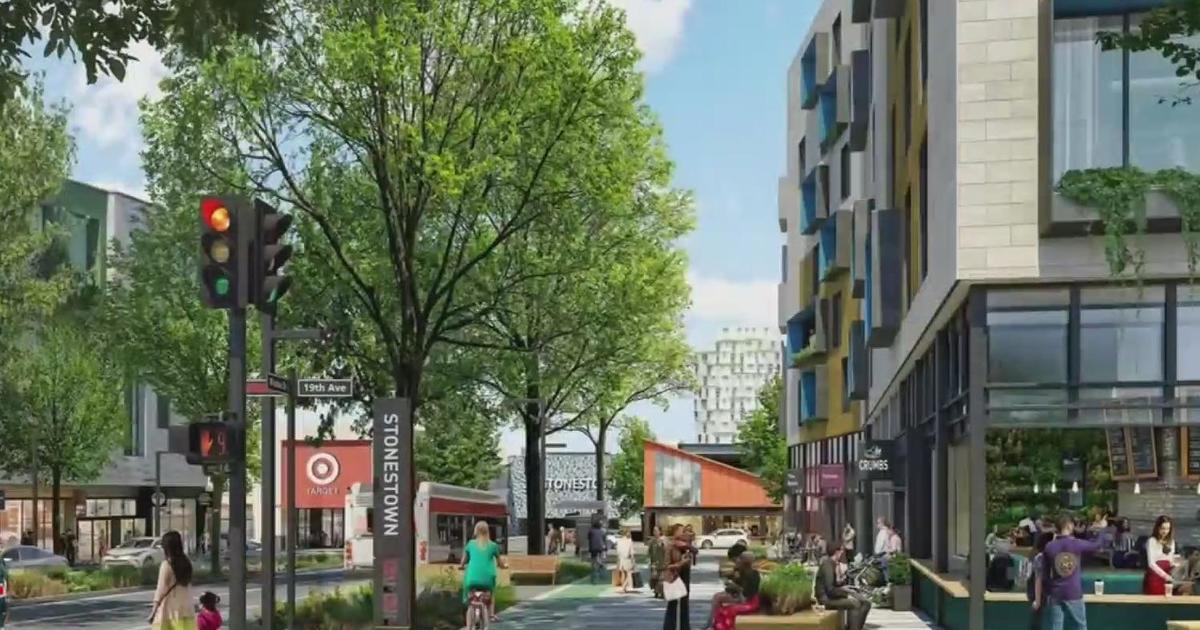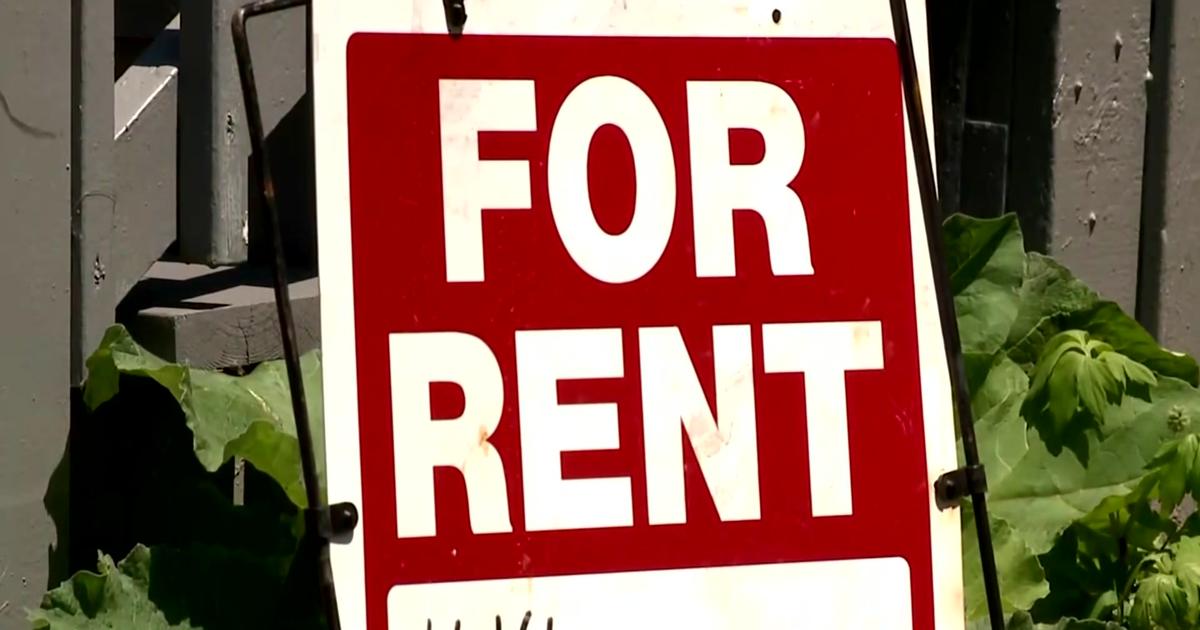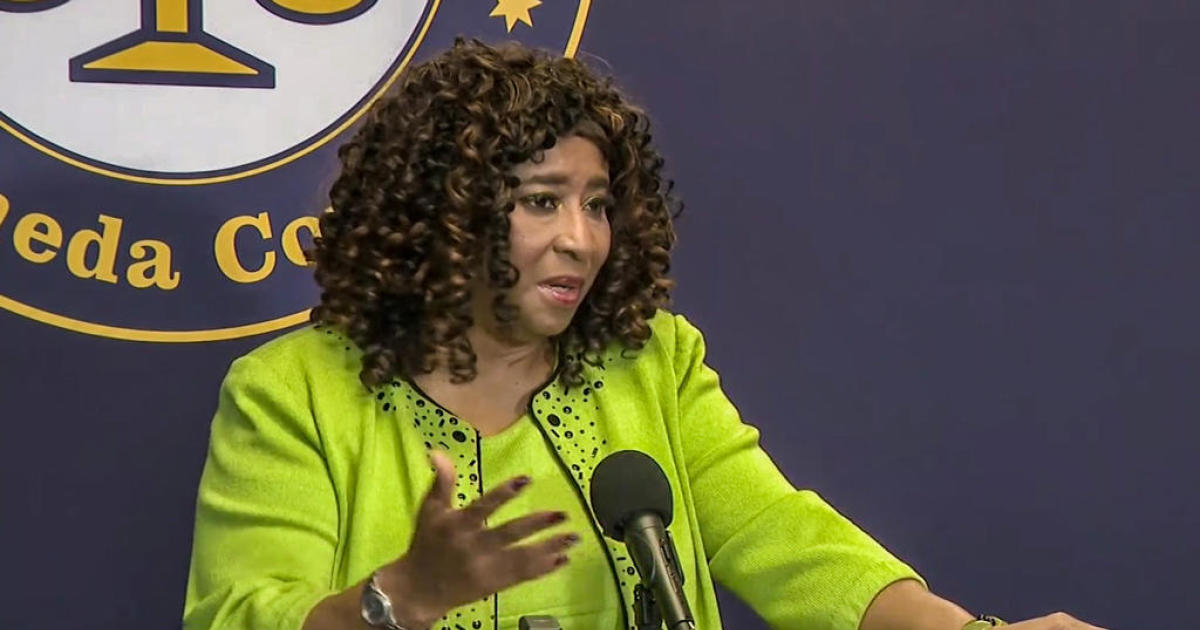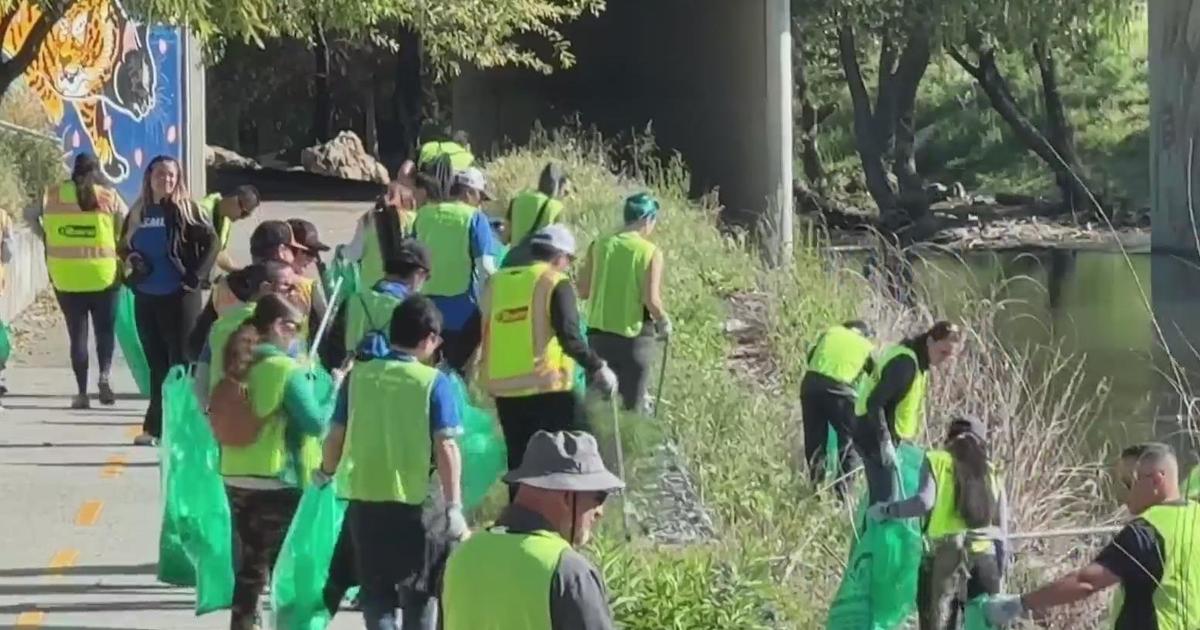Santa Clara County Supes Approve Putting Caltrain Sales Tax On Ballot
SAN JOSE (CBS SF) -- After taking a huge financial hit from the pandemic, Caltrain may get a lifeline.
The Santa Clara County Board of Supervisors on Tuesday unanimously voted to approve putting an eighth-cent sales tax on the November ballot to fund Caltrain, the latest development in a contentious regional debate over the future of the transit agency.
San Francisco's Board of Supervisors last week passed a resolution to support the sales tax measure but with conditions involving a change in Caltrain's governance structure, a move that drew rebukes from officials in San Mateo County.
Santa Clara, San Mateo and San Francisco are the three counties involved in the measure's negotiations. In addition to approving putting the measure on the ballot, the Santa Clara County supervisors approved a separate resolution committing Caltrain to reform its governance structure.
"There have been disagreements between a number of leaders and counties on this item in part because there was a concern in the ability to address governance and other issues structural to Caltrain," Santa Clara County Board of Supervisors President Cindy Chavez said.
Among the changes proposed to the agency would be having Caltrain get its own attorney and auditor, separate from the San Mateo County Transit District, which currently runs Caltrain.
There is also a timeline for the agency's Joint Powers Board, which is made up of representatives from San Francisco, Santa Clara and San Mateo counties, to make recommendations regarding the structure of governance. Another major component is that tax revenues are held in an escrow until the governance structure is changed.
The proposed sales tax ballot measure is estimated to yield about $108 million a year for the rail agency's survival through its pandemic-driven financial crisis.
The regional COVID-19 shelter-in-place orders decreased daily ridership from 65,000 people to 1,500 people at its lowest point, significantly impacting Caltrain's revenue stream. To save on operational costs, Caltrain temporarily reduced its weekday schedule from 92 trains to 42
trains daily.
Now it is back up to 70 trains per day with an average of 3,200 daily riders, according to the San Mateo County Economic Development Association.
Ridership revenue makes up 70 percent of Caltrain's funding. If the measure were to be passed by voters, the sales tax would become the rail agency's main source of capital.
Chavez said it is essential to fund Caltrain for climate protection and traffic mitigation. At its peak, residents of Santa Clara County make up 41 percent of Caltrain riders, according to Caltrain research.
A group known as 'Friends of Caltrain' says it is vitally important for the entire region that these measures pass.
"Before the pandemic, Caltrain was keeping 4 lanes of cars off the highway and so, when the pandemic lifts and people are back on the road, there is no way that those cars would fit and traffic congestion would be grueling if this measure does not pass to fund Caltrain," said Adina Levin, a member of the group.
The tax is a regressive one, meaning it levies the same percentage on products regardless of a person's income, so everyone pays the same.
"Because it's regressive, I think we have a higher obligation to ensure that the money is used in a transparent and clear way that every voter in our county will understand how it's being spent," Chavez said.
Before going to voters, the measure will need to be reconsidered by the San Francisco Municipal Transportation Agency Board of Directors at its meeting Wednesday after the board voted it down last week.
The Santa Clara County Valley Transportation Authority board and the Joint Powers Board will vote at their respective meetings on Thursday.
The San Francisco Board of Supervisors will also be meeting on Friday to vote on the revised measure. The San Mateo County Board of Supervisors previously approved the measure.
At the 4th and Townsend station, owner of Tazza D'Amore Cafe says he usually has lines 20 passengers deep. Tuesday, it was just crickets. He hopes riders return.
"Not only for all the games and all the events, but all the commuters - I mean we've had the same customers for 17 years and just don't know what the future holds for Caltrain right now," said Markus Merlino.
San Jose Mayor Sam Liccardo, who sits on the VTA board, said the agreement to enable the Caltrain measure to move forward "was forged as a result of many hours of phone calls, shuttle diplomacy, and redrafting by several of us through nights and weekends."
"I'm grateful that we have been able to reach an outcome that will enable Caltrain to expand its service with long-overdue reforms in governance that will enable greater accountability to taxpayers," Liccardo said.
It must be approved by each county's board of supervisors, each county's transit agency and the Joint Powers Board by Friday so that it is placed on the November ballot.
If it is passed by two-thirds of voters in the upcoming election, tax collection for the rail agency will begin in April 2021.
© Copyright 2020 CBS Broadcasting Inc. and Bay City News Service. All Rights Reserved. This material may not be published, broadcast, rewritten or redistributed.



